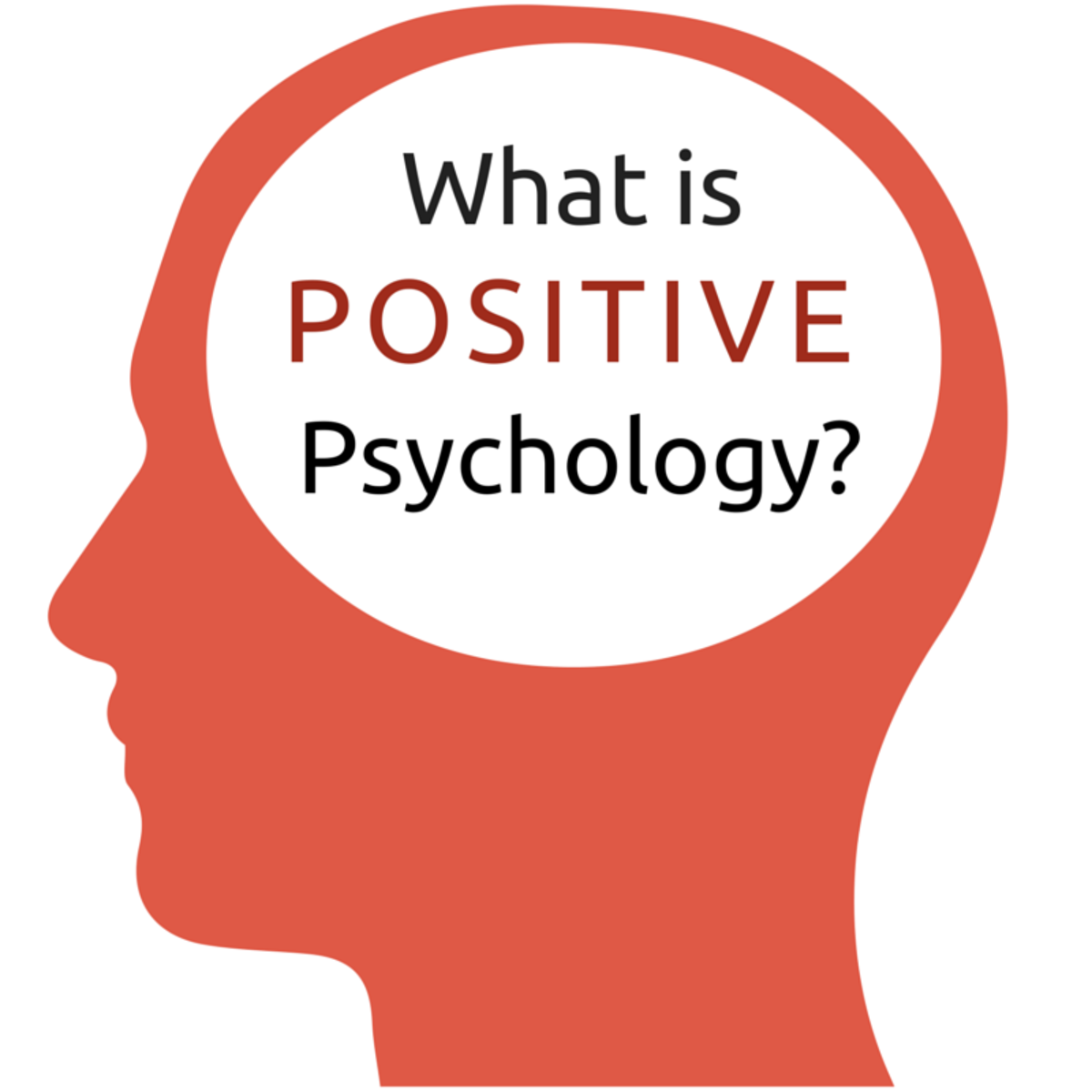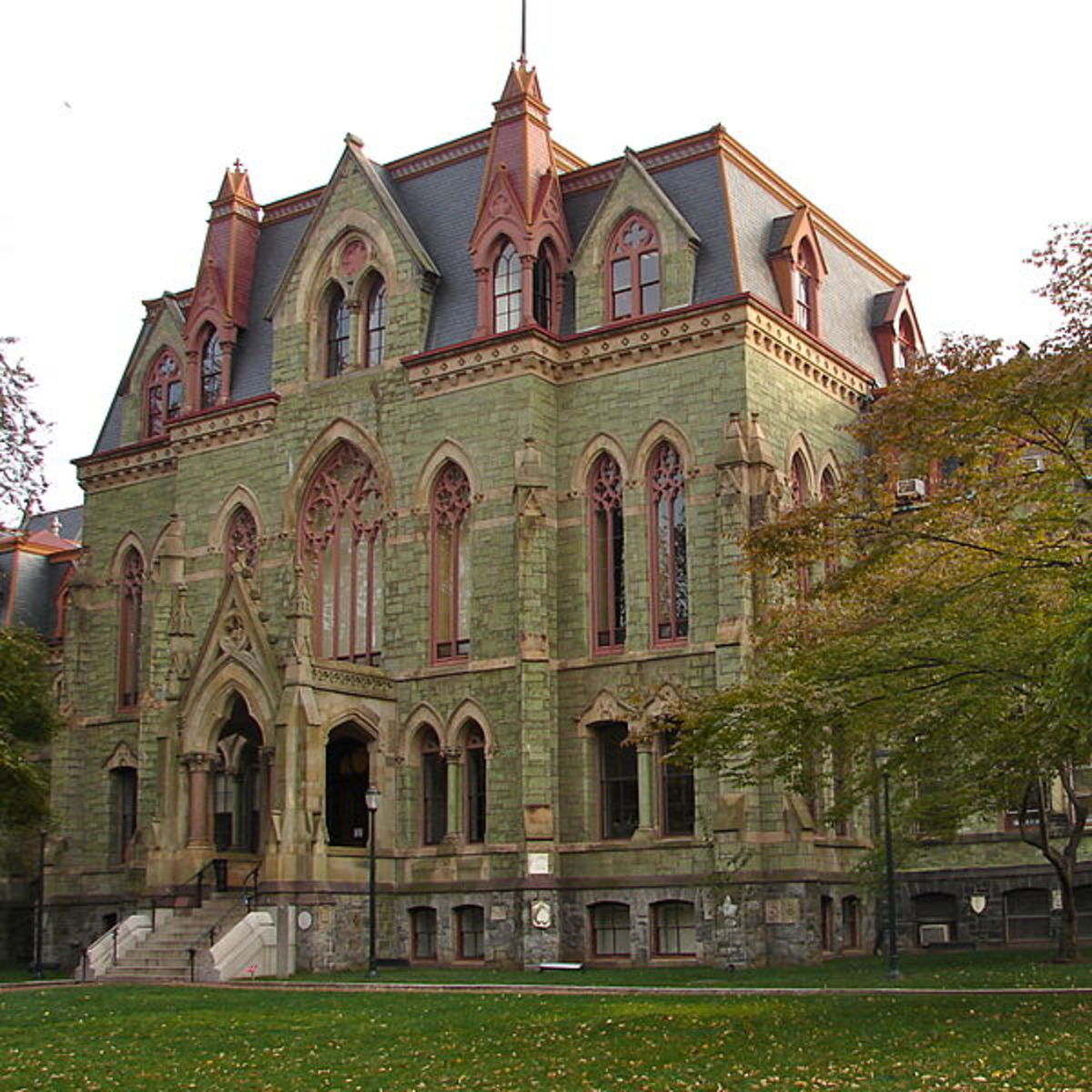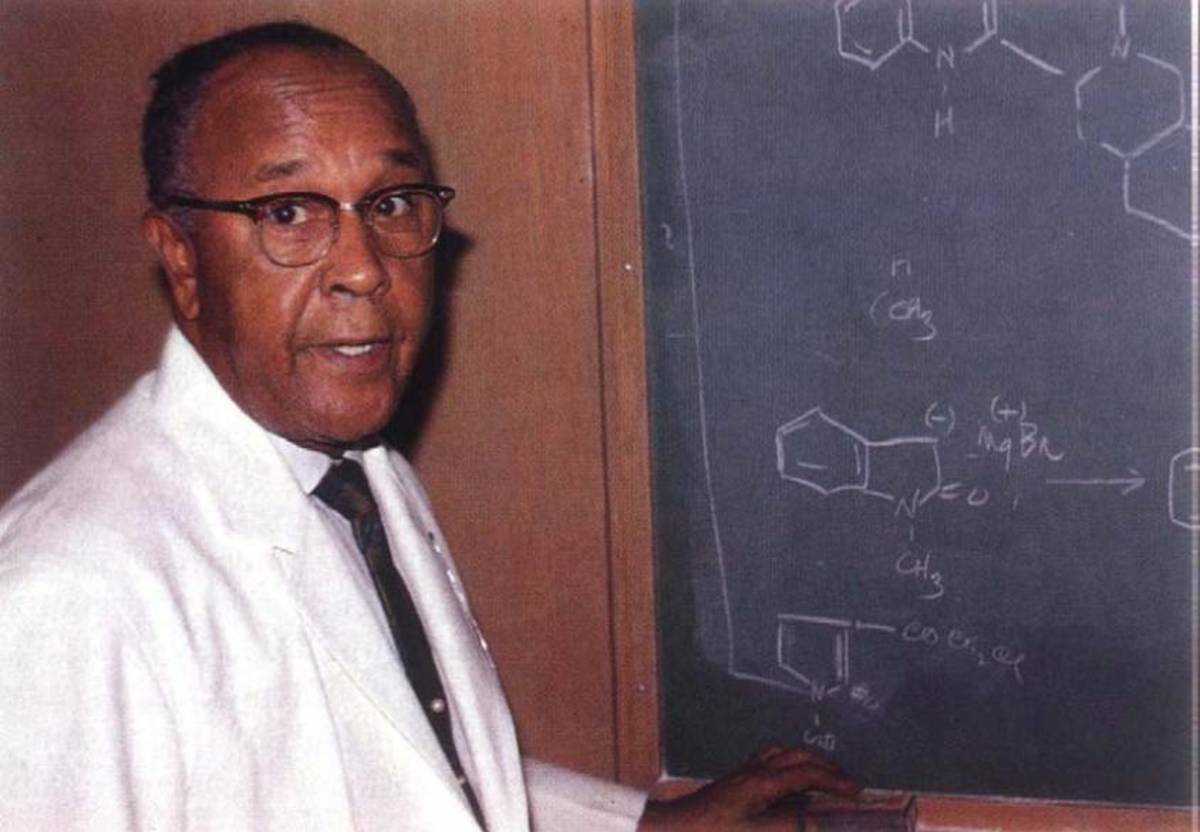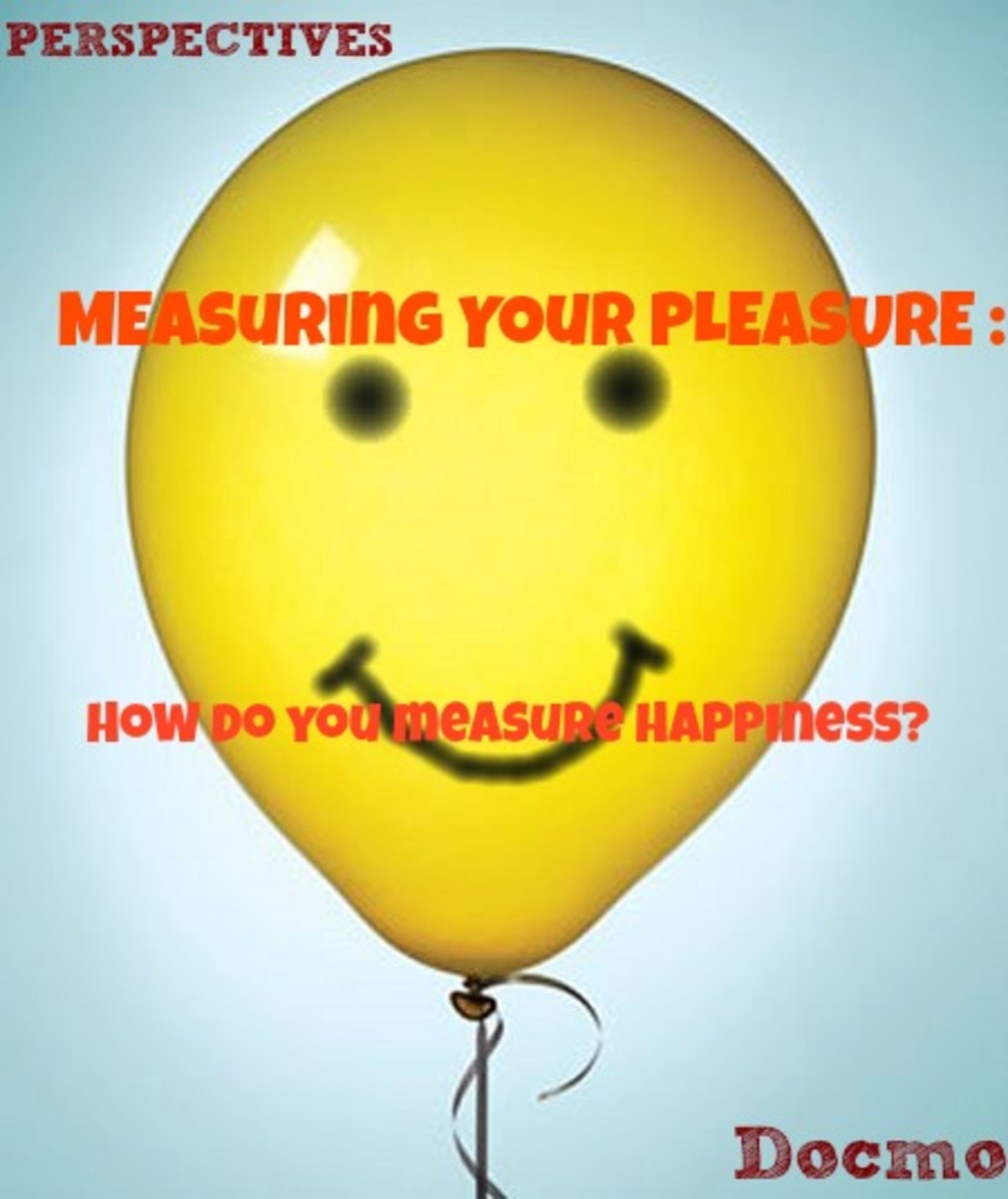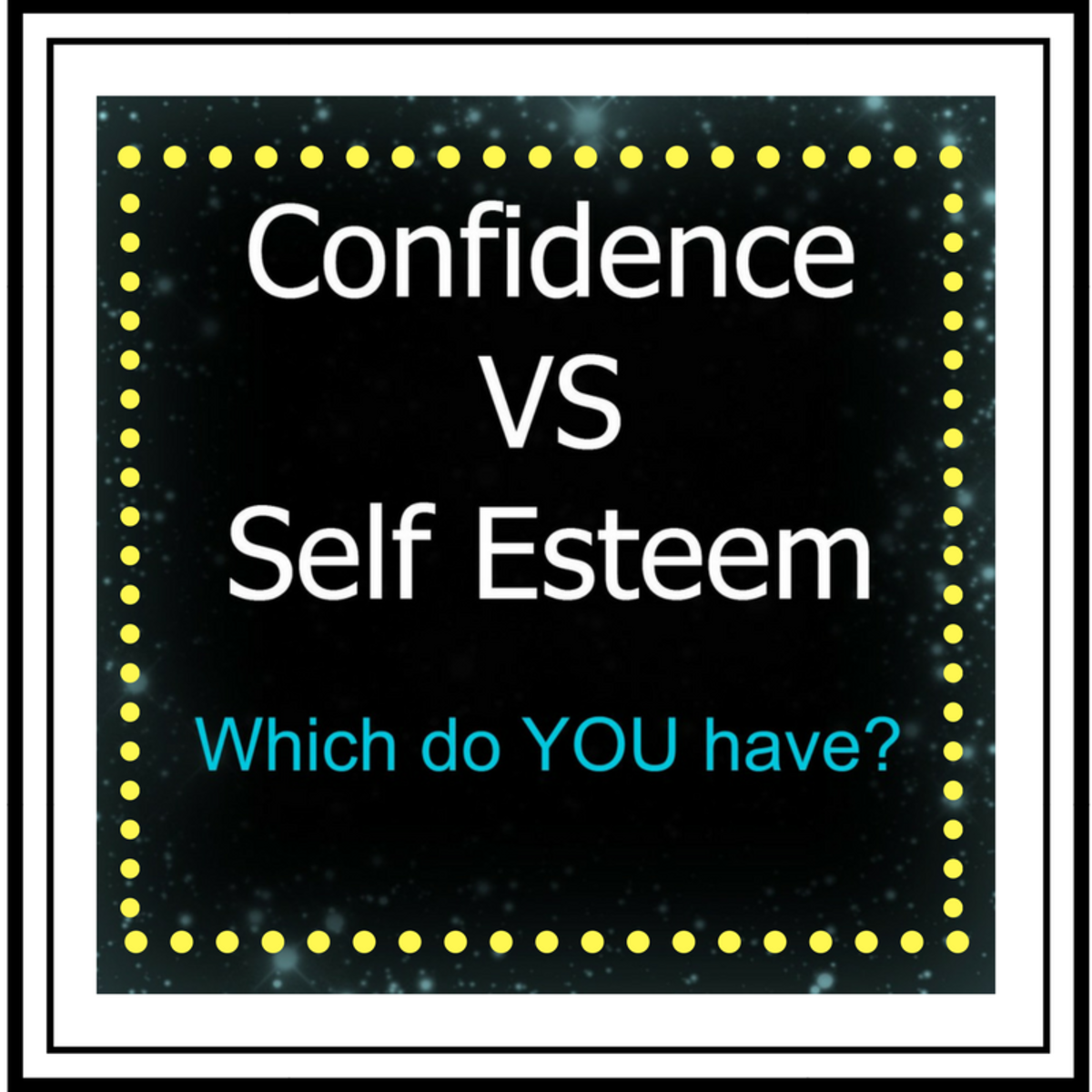The Most Popular Class at Harvard University: "Positive Psychology; The Science of Happiness"
Harvard's Newest Standouts
The hallowed halls of Harvard University are as famous for their ivied buildings as for the many famous alumni who once walked those halls. From John Hancock to John F. Kennedy, Barack Obama and Bill Gates, and yes, even the genius who is the youngest billionaire in the world: Mark Zuckerberg, many who chose (and were chosen by) Harvard to further their educations affected our world in more ways than we can imagine. The list of famous alumni is long, to be sure. The year 2011 marks the 375th anniversary of Harvard's long-standing traditions of excellence in higher education. But Harvard is not so entrenched in tradition as to ignore the evolving needs of its students or the ever-changing trends of our world.
While most of us may be accustomed to Harvard's law and medical programs, both of which are at the very top of the list for their respective contributions to "the best in their field", what many may not know is the names of two professors who literally changed the way students participated in that evolution. They are Tal Ben-Shahar and Shawn Achor. The course they offered, beginning in 2006, was "Positive Psychology: The Science of Happiness". To date, it is still the most popular class at Harvard, with an average attendance of about 1500 students per semester. No course has ever commanded such numbers. Not before nor since.

Biggest Draw on Campus
Professor Achor admits that he and Ben-Shahar were shocked when they walked into the lecture hall that first day. They did not expect so see so many students. Their first thought was that perhaps the students were looking for an "easy" credit in their already overloaded course schedules.
Turns out, they were mistaken. Those who attended (and continue to attend) were there because they wanted to find out how they could change the way we, as a whole, could alter the course of psychological treatments and, perhaps, the entirety of humanity's evolution. In short, they were looking for answers.
The Science of Happiness and the study of Positive Psychology have only begun to gain ground. But it isn't really "new-school". The origins of Positive Psychology can be traced back to Socrates, who advocated self-knowledge as the path to happiness. The Epicureans believed in reaching happiness through the enjoyment of simple pleasures.Thomas Jefferson and the other proponents of democracy believed that "life, liberty and the pursuit of happiness" were (are) inalienable rights and those rights justified the overthrow of a government that wanted very strongly to deny those rights. Now that Harvard has jumped on the bandwagon, it shouldn't be long before we see the shift in our own perceptions of such a simple idea as "the science of happiness".
The Next Evolution
When Martin Seligman began his term as president of the American Psychological Association in 1998, he chose Positive Psychology as his theme. He pointed out that clinical psychology had been "consumed by a single topic only: mental illness". He urged psychologists to continue the earlier missions (of psychology) of "nurturing talent and improving normal life".
So began the next generation of Positive Psychology. Rather than focusing on (our) human flaws, the idea is to bring to light our virtues, our talents, our innate goodness, so that we may grow those qualities and leave the trash behind. With anti-depressant and mood-altering drugs on the rise, it's no wonder that so many students, even beyond Harvard's walls, are tuning in to this new era of psychology. It just makes sense; were we to focus on the "good" rather than the "bad", would we not feel better? And let's not side-step the other nasty bit of data: how long does the average person stay in therapy? Here's a picture for you: first the "mother" of her young child goes into therapy to address her ever-growing angst over being a mother. Some eighteen years later, both she and her daughter are in therapy, each blaming the other for their neurosis/psychosis. Nice gig for the Doc. Not so nice for the pitifully lost souls who buy into the program.
The good news is that this science is growing. In leaps and bounds. The First World Congress on Positive Psychology was held in June 2009. An estimated 1500 people attended the weekend-long event, kicking off what may just be the beginning of the end of the pharmaceutical cartels. The next event is scheduled for July 23 - 26, 2011. They are expected four times that number. Harvard's classes are going strong. The number of other universities now offering similar courses are expanding exponentially. More and more students are attending, even those who are not majoring in the field of psychology. They are not looking for "an easy credit". They are looking to change the world.
From where I sit, it seems obvious that the more we focus on the "good" that we are, the less we stay stuck in all the "past traumas...blah, blah, blah", the more likely we are to change the world as we know it. Enough with the psycho babble. Let's get on with our next evolution, shall we?

